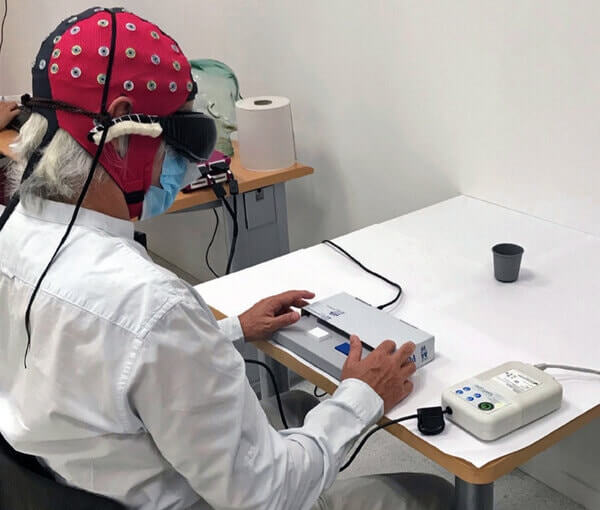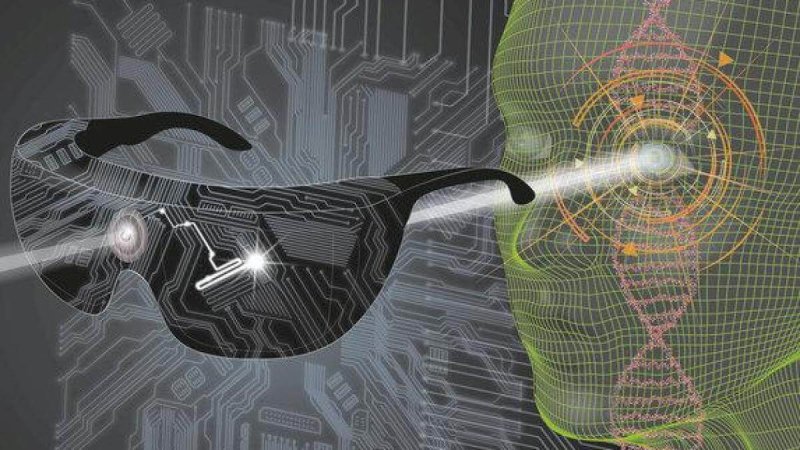[A new gene therapy to treat blindness] relies on something called optogenetics. The idea is to edit nerve cells collected from a patient so that they respond to light in a particular way, which should then essentially turn these cells into a version of the photosensitive cells normally found in the retina that allow us to see.
…
In a paper published [May 24] in Nature Medicine, the team detailed the case of a 58-year-old patient involved in the trial, who regained eyesight following treatment, albeit with some caveats.
The patient, who did retain an ability to perceive light even with his disorder, was given the treatment in one eye. In that eye, and while wearing the goggles, he became able to see nearby objects.
What’s more, these improvements remained even five months after the initial treatment.
The man’s restored vision was only possible while wearing the goggles, and the vision he did gain back was blurry and limited in range. But according to the authors, this is the first evidence in humans to definitively demonstrate that the therapy has potential to someday treat this rare but life-altering form of blindness.
































